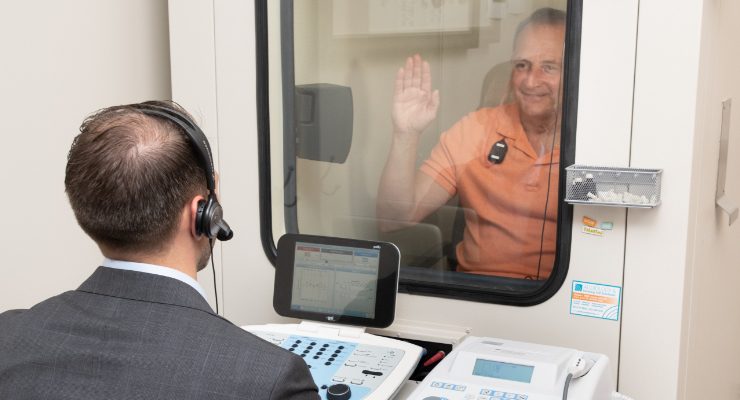
Your ears may collect sounds, but your brain is actually doing the listening. So, if you’re living with untreated hearing loss, you’re depriving your auditory cortex of the stimulation it needs to stay active.
The Connection Between Your Ears and Brain
To understand the impact of hearing loss on brain function, you need to know how your ears and brain work together to create your sense of hearing. Your ears funnel sounds from the outer ear, through the middle ear, into the inner ear.
The auditory nerve in your inner ear converts sounds into signals and sends them to the auditory cortex in your brain. After it receives input, your brain interprets the signals.
Your brain can’t interpret auditory stimuli properly if there’s a structural or neural problem. Any factor that affects the conversion of sound to stimuli negatively impacts your brain’s interpretation.
Hearing Loss Alters Cognition
A study conducted by Johns Hopkins suggests that hearing loss accelerates cognitive decline in older adults. Volunteers with hearing loss underwent cognition tests for six years, and the results indicated their brain function declined 30 to 40 percent compared to participants with normal hearing.
Because each part of your brain is intricately connected, your hearing loss negatively affects other cognitive functions. For example, your brain relies on sights and sounds to form accurate memories, so hearing loss may impede your memory formation and recall.
Hearing loss can also cause social isolation and withdrawal, which further reduces your level of stimulation. Loneliness and depression are well-established risk factors for cognitive decline and can be exacerbated by untreated hearing loss.
Your Brain’s Structure
Just as you lose muscle mass without exercise, your auditory cortex will lose tissue if it’s not stimulated. A separate Johns Hopkins study indicated the brains of participants with hearing loss experienced a higher shrinkage rate than their hearing counterparts.
In fact, those participants lost more than a cubic centimeter of brain tissue each year. The loss of brain tissue usually results in brain damage and poor cognitive function.
Your brain relies on input from your ears to stay active. So, when a particular area is not being utilized – in this case, the auditory cortex – it will rewire itself to accommodate the change. The energy your brain would have expended on listening to sounds may be diverted to your vision or learning centers to be put to better use.
Hearing aids can combat the negative effects of hearing loss by providing your brain with the auditory stimuli it’s been missing. Contact Audiology & Hearing Aid Solutions online or call 888.473.8702 to schedule your appointment and start your journey to better hearing and cognitive function.



